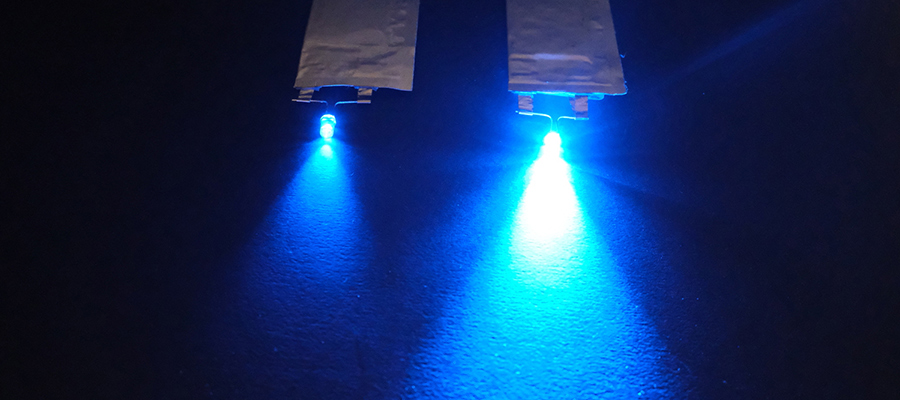‘Batene GmbH’s new technology has significant commercial application…’
A spin-off company from Germany’s Max Planck Institute for Medical Research has received funding of €10 million to progress an invention which is said to make batteries more energy dense, efficient and safe. Researchers say that the innovation, developed at Max Planck, enables the production of a new generation of rechargeable batteries by using very fine metal fleeces. These fleeces serve as current collectors, making batteries more powerful. The spin-off company, Batene GmbH, has licensed the technology and is now marketing it.
The main element of the company’s innovation is a process developed by Joachim Spatz, Director at the Max Planck Institute for Medical Research, which allows the production of fine metallic fibres with high electrical conductivity. These fibres are processed into a dense, conductive mesh and filled with the active material for the anode or cathode. These electrodes make it possible to increase the thickness of the battery cells to more than two millimetres – ten times that of cells commonly in use. It is this thickness, the researchers say, that drastically reduces the amount of inactive material used in the battery. The new design reduces the metal content to one tenth and increases the active material proportion of the total battery weight to over 90%.

Standard (left) and Batene fleece-based (right) battery cell containing the same amount of active material. ImageL GmbH
In addition, because the metal meshes have a significantly larger surface area compared with conventional current collectors, batteries can be charged and discharged faster. The metal mesh also reduces the electrical resistance of the electrodes and increases their mechanical stability, making them safer. The researchers also noted that the ultrafine metal mesh electrode is not limited to the lithium ion batteries and believe there is potential for use in future generations of rechargeable batteries, such as lithium metal solid-state.
Batene GmbH was established during early 2022. The company, which has a board of investors, is now set to increase production capacity for the electrodes as well as further developing the technology.
Bernd Ctortecka, Patent, and Licensing manager at Max Planck Innovation said ‘Batene GmbH’s new technology has significant commercial applications […] In addition, the metallic fleece can also be used in many other technical fields, including filtration, electromagnetic shielding and catalysis.’
